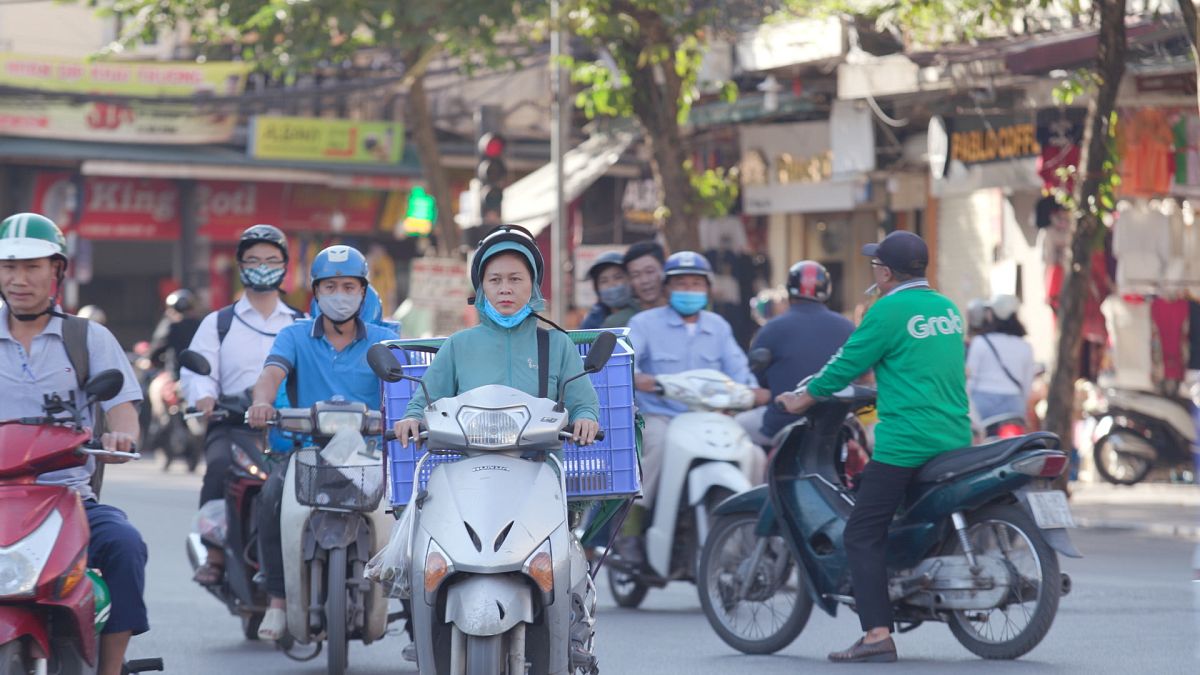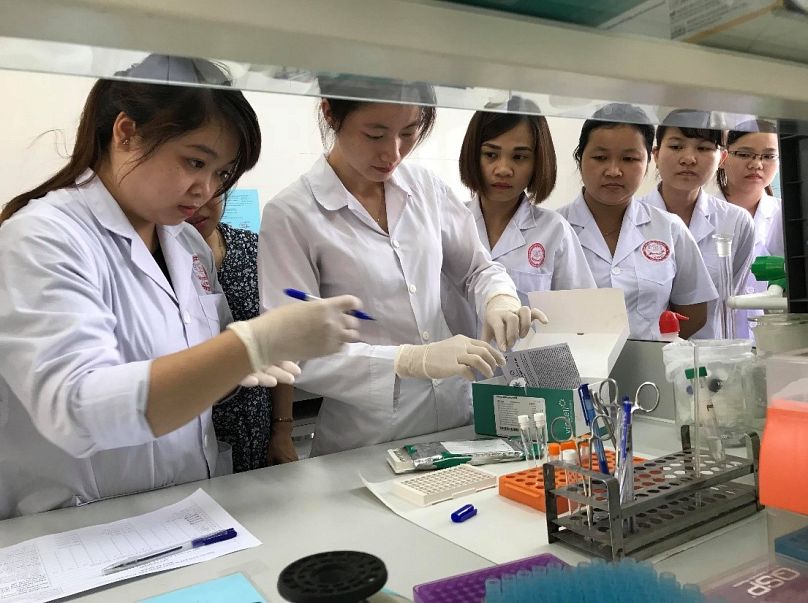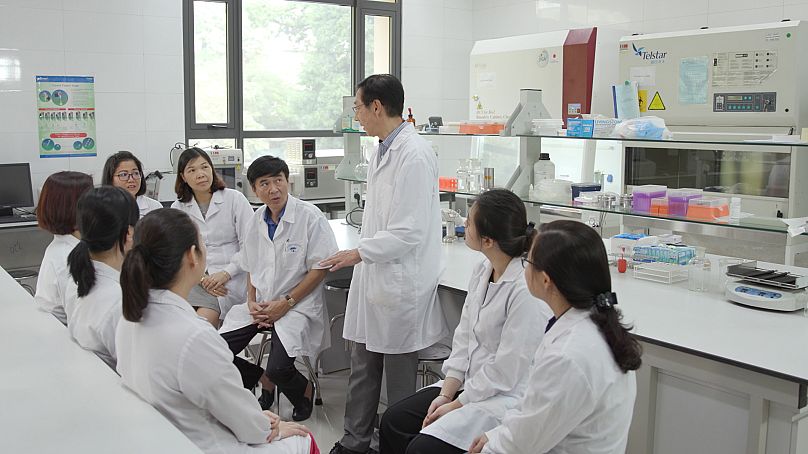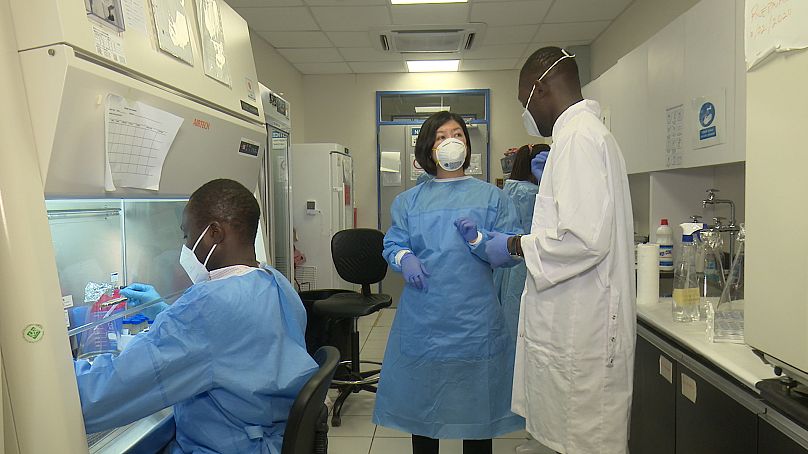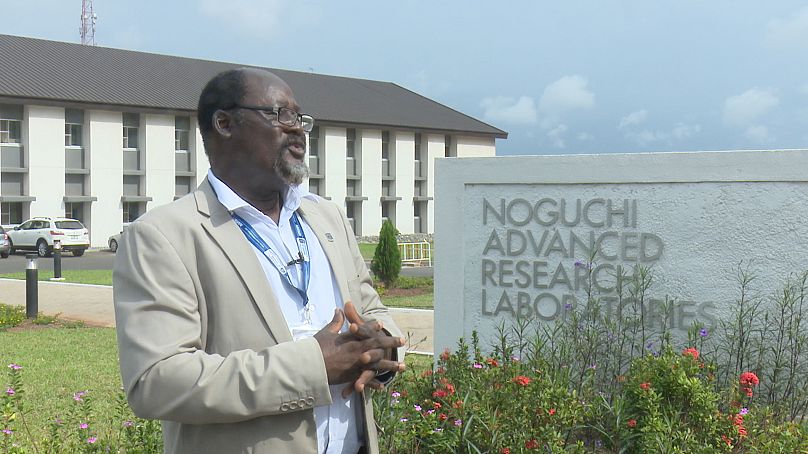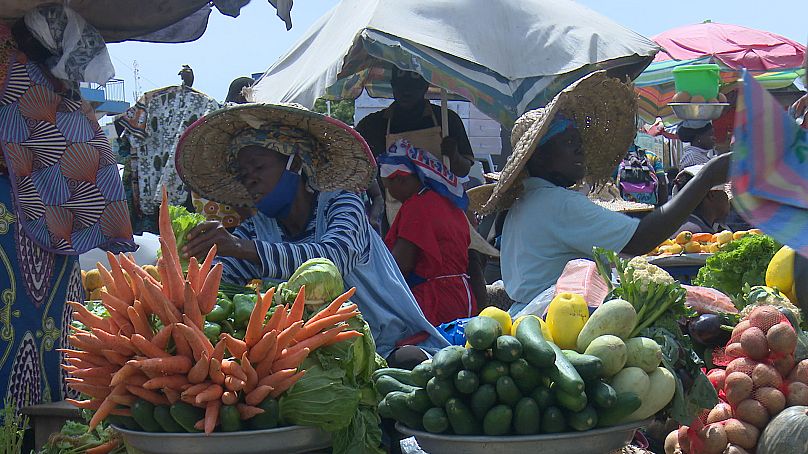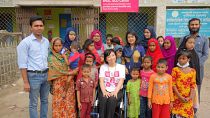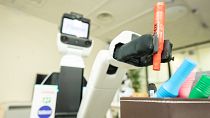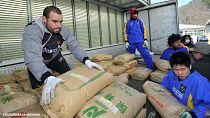Countries around the globe are taking comprehensive measures to respond to COVID-19, but this is a crisis that cannot be solved by nations acting alone. This new pathogen is a truly global issue that transcends national boundaries. Even if the virus is brought totally under control in a single nation, the transitory nature of goods and people means that risks of future outbreaks remain. The COVID-19 is an invisible, borderless enemy that touches every part of the world.
Since the virus first emerged, Japan has taken aggressive action at home in addition to actions abroad as part of a multilateral effort for all countries to better combat the spread of infection. This approach is part of the concept of “human security” as defined by the United Nations as “an approach to assist Member States in identifying and addressing widespread and cross-cutting challenges to the survival, livelihood and dignity of their people”. It emphasizes the interconnected efforts of states, civil society, and NGOs to take on challenges that affect humanity as a whole. Human security is the guiding principle of Japan’s aid and assistance to developing countries around the globe, including its response to the COVID-19.
In response to this crisis, Japan has provided foreign aid of over $1.54 billion to medical and health sectors. Pursuing multilateral efforts to fight the virus, Japan is not only focusing on provision of medical equipment, but also capacity-building plans based on mid-to-long-term plans. Through this approach, developing countries will be able to strengthen sustainable, self-supporting health and medical systems, and attain universal health coverage (UHC) as a fundamental service available to all citizens in each nation. Moreover, Japan has established the COVID-19 Crisis Response Emergency Support Loan (up to $4.5 billion over the next two years from 2020) for developing countries in order to help revitalize economic activities.
Virus Busting in Vietnam: The success of a strong, sustainable health and research network
Vietnam is one of Asia’s great success stories when it comes to COVID-19 control. The rapidly modernized country’s accomplishment was made possible in part through its research and testing network. Japan has extended support to develop the capabilities of the National Institute of Hygiene and Epidemiology (NIHE) in Hanoi since 2006. Through both grants and technical cooperation, the NIHE is now fully equipped and its staff trained to examine dangerous pathogens.
“One of our activities in Vietnam is to strengthen the pathology capacities of preventative health centers in each region and conducting training,” says Chief Advisor Dr. Masanori Kai. “I think strengthening local capacity will be very important for the future of the health system.”
Japan continues to support the NIHE, together with the Pasteur Institute in Ho Chi Minh and 10 regional Centers for Disease Control and Prevention, in order to enhance their anti-COVID-19 measures. These institutions make up the backbone of Vietnam’s medical response and testing capacity across the country. In addition, these institutions train the staff of various ministries with the aim of giving all residents access to quality healthcare services.
Regarding Japan’s approach to Vietnam’s efforts, NIHE Director Dang Duc Anh said that “thanks to the assistance directed towards the NIHE, especially in the area of strengthening networking among Vietnam’s healthcare services, the Vietnamese people have reaped great benefits when we had to prevent the spread of COVID-19.”
Ghana’s COVID-19 Effort: Japan’s long-running support for disease fighting in Africa
Japan has also been working to improve the quantity and quality of healthcare in the West African nation of Ghana. Central to these efforts are the Noguchi Memorial Institute for Medical Research at the University of Ghana, first established in 1979 with Japanese aid and named after medical microbiologist Hideyo Noguchi, who passed away in Ghana in 1928 while conducting research on yellow fever. This center is now on the frontline of the fight against COVID-19 and Japan is continuing to give aid and technical training to support the facility.
According to deputy director Maki Ozawa of the Japan International Cooperation Agency’s (JICA) Ghana office, cooperation between Japan and the institute has been going on for nearly 40 years and “is focused on fostering young researchers and joint research projects.” Ms. Ozawa has noted that at least 50 young researchers have received training in Japan to observe new techniques and experimental methods in order to “rapidly expand their understanding” and contribute to testing and research in Ghana.
Including the 50 Japan-trained researchers, 120 pathologists workday and night shifts to conduct PCR tests at the institute. Ghana now has the 3rd highest number of COVID-19 tests in Africa (as of July, 2020) and has the capacity to cover approximately 80 percent of all testing in the country.
Furthermore, the Noguchi Institute, in addition to strengthening virus countermeasures, is working to provide guidance to other medical facilities in Ghana to strengthen testing capabilities. In March of 2019, JICA helped to open a world-class Advanced Infectious Disease Research Center in the institute with modern equipment and laboratories. Japan’s aim is to help the country conduct more advanced research than ever before and play an increasingly important role for training and research in the West Africa region.
“The contribution of Japan to Noguchi Institute is tremendous and it is translating into public health response and health resilience not just in Ghana, but across the West African sub-region,” says Prof. Abraham Kwabena Annan, the Director of Noguchi Memorial Institute for Medical Research. “And this is something we really appreciate Japan for.”
Vaccine Equality and Japan’s Contribution to Multilateral Organizations
With progress of development and administration of COVID-19 vaccines in multiple countries, Japan believes that it is imperative that all countries, regardless of income or development level, have equitable access to safe, effective and quality-assured vaccines. That is why Japan is supporting the COVAX Facility in collaborating with the World Health Organization (WHO), the Coalition for Epidemic Preparedness Innovations (CEPI) and the Gavi Alliance.
COVAX Facility aims to ensure equitable distribution model supported by funds from developed countries and partners to help lower-income countries access vaccines. Since COVAX Facility’s inception launch in June 2020, Japan has played a key role in this global initiative. Foreign Minister Motegi announced that Japan will contribute $200 million dollars to the COVAX Advance Market Commitment at the 4th ACT-A Ministerial Meeting on February 9th.
Furthermore, Japan has long been a large contributor to the United Nation’s Children’s Fund (UNICEF). Through UNICEF, Japan is working to provide material and educational support to countries, especially in the Middle East, Asia-Pacific and Africa. This includes providing much needed personal protective equipment (PPE) to schools and hospitals as well as soap, disinfectant and training to medical staff in order to support health and hygienic environments that will slow the spread of infection.
Myanmar is just one example of Japan’s support through UNICEF with medical supplies, health worker training and general education about virus prevention. As hand washing is a key method to preventing the spread of COVID-19, Japan has worked to help install handwashing facilities in over 4,000 public locations which can be used by over 770,000 people. Efforts such as this have helped create a more sanitary environment for preventing the spread of infection.
Toward a “New Normal” and a Re-opened World
It is only through multilateralism that the world can truly rid itself of the COVID-19 and we can begin rebuilding national economies, lives and livelihoods. Japan realizes that a true global and equitable response is the way forward.
Although it may take time to realize a “new normal” world, we are well on our way to realizing this goal through unprecedented cooperation.
With this in mind, Japan is continuing to prepare for one of the greatest global events, the Olympic and Paralympic Games. Prime Minister Yoshihide Suga has declared that “With the resolve to realize a Games that carries a message of hope and courage to the world, we will make preparations taking all possible measures against the spread of infection.”
With Japan’s multilateral and global-minded approach as a model, we can work to achieve this lofty goal. In the process, it’s our wish to create a healthier, more equitable global society that will continue to thrive even after the COVID-19 threat has ended.
